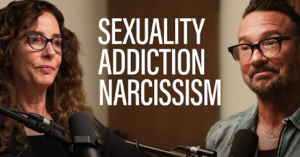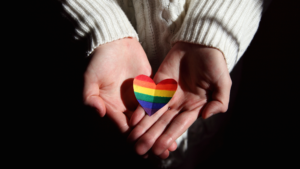October 17, 2018
11:30am – 1:30pm
The topic of sex can be a “dirty little secret” in couple therapy especially when therapists don’t bring it up. This presentation will focus on how when and how to broach the topic of sex to assist couples in reducing shame about the conversation and in having more explicit discussions about their sexual concerns and desires. Issues such as how to approach low sexual desire or sexual dysfunction, whether sexual fantasies have a place in relationships, and how to get couples talking about what they like sexually are examples of the kind of discussion that will take place.
Participants will understand the definition of sexuality according to the World Association of Sexual Health and consider that couple sexuality is informed by the broader culture and the culture of their youth. Finally, we’ll examine how personal values assist in the construction of a positive sexuality.
Learning Objectives
- Increase therapist comfort (hard to measure comfort) in talking about sex and sexuality in the therapeutic setting by recognizing how to elicit the presenting sexual problem , as evidenced by knowledge of 2 appropriate clinical interventions
- Describe three components of sexual health including the ability to talk about sex and sexuality; identify cultural concerns; understand consent; discuss masturbation and fantasy.
- Assist clients in identifying? 2-3 individual and shared values as it applies to partner-relational sex.



